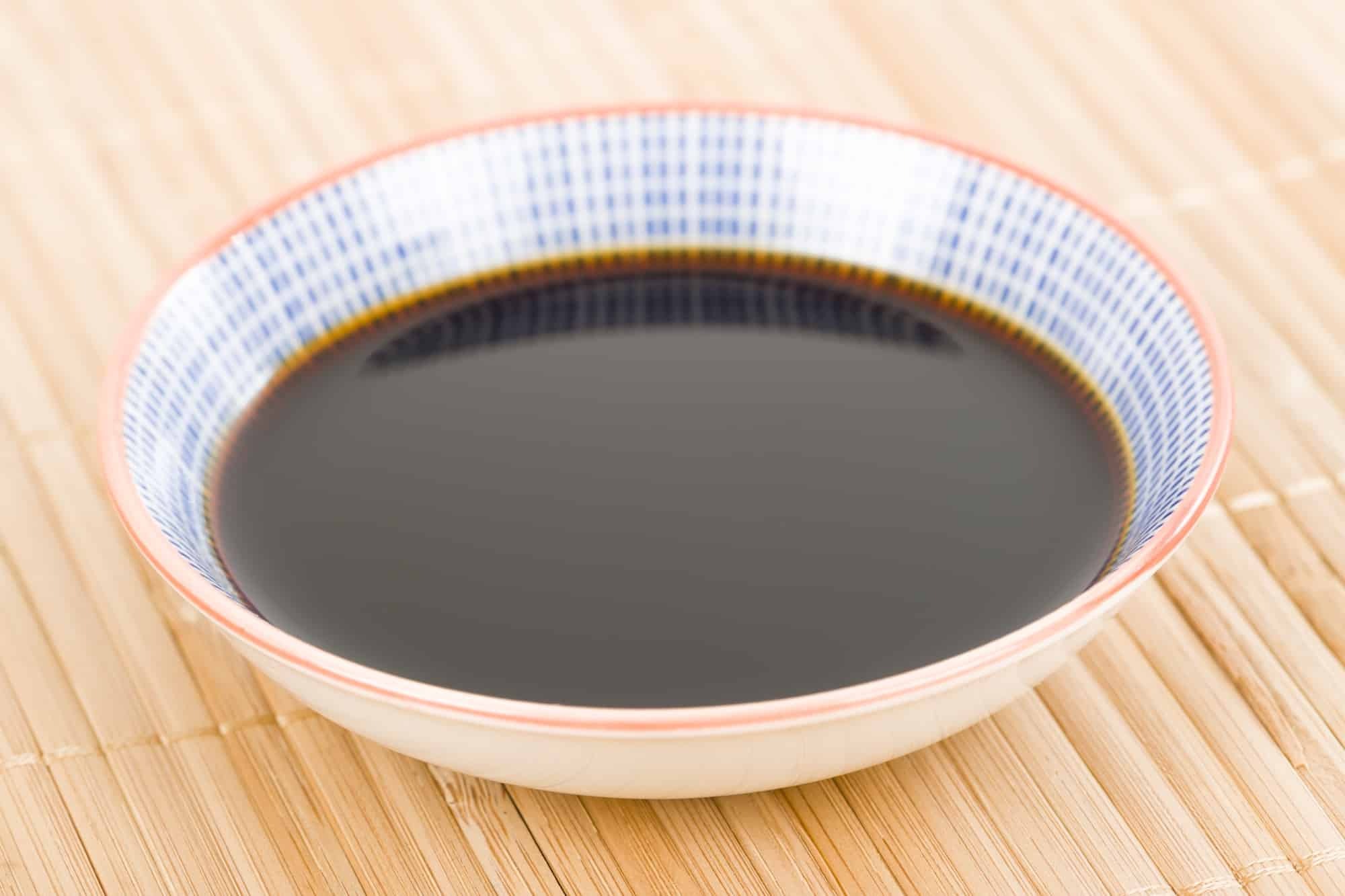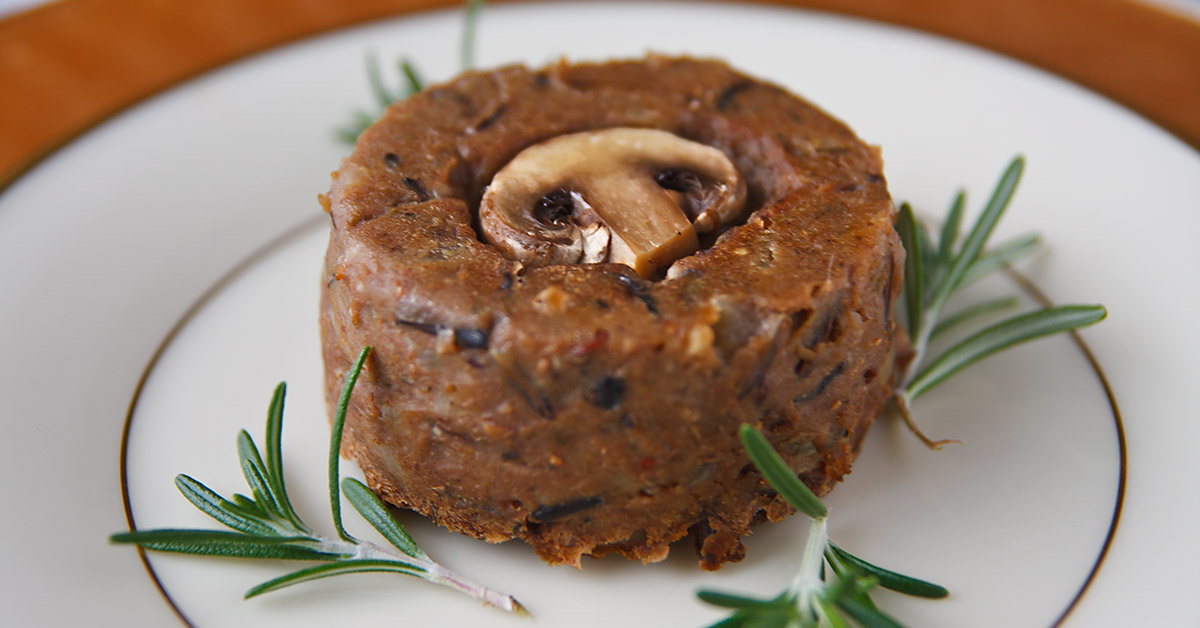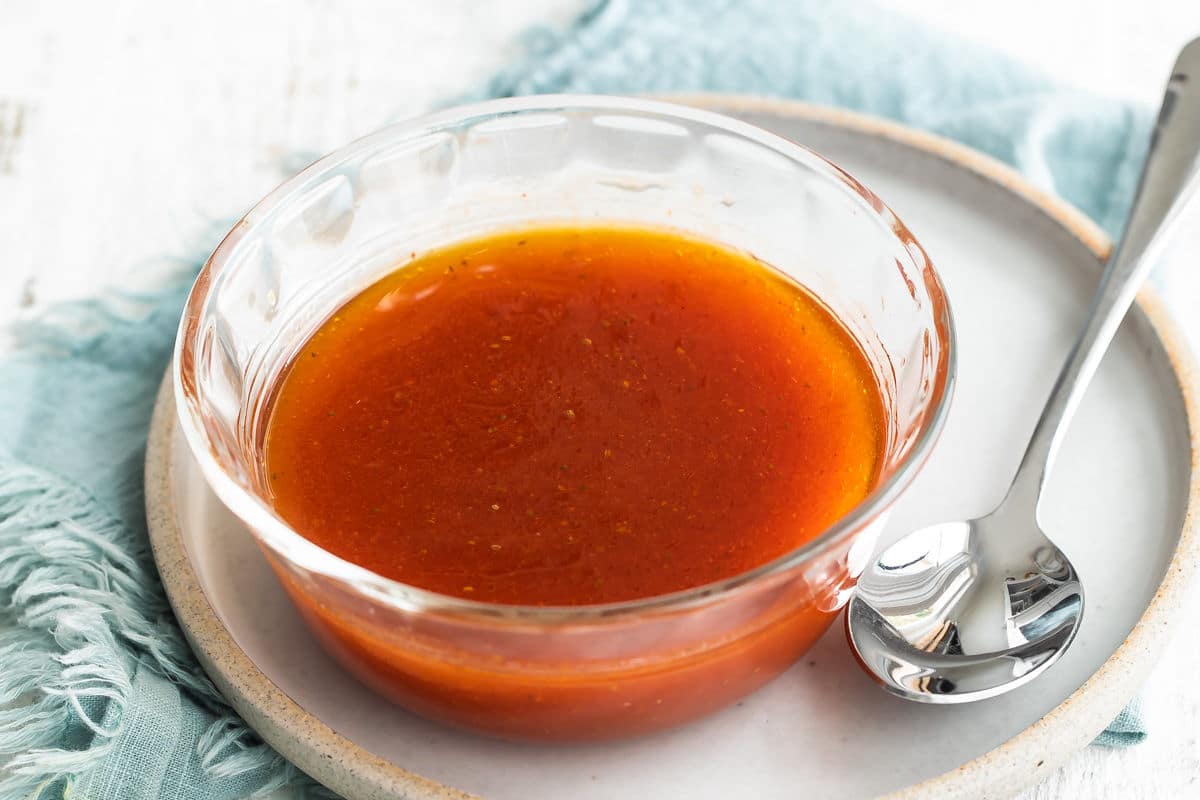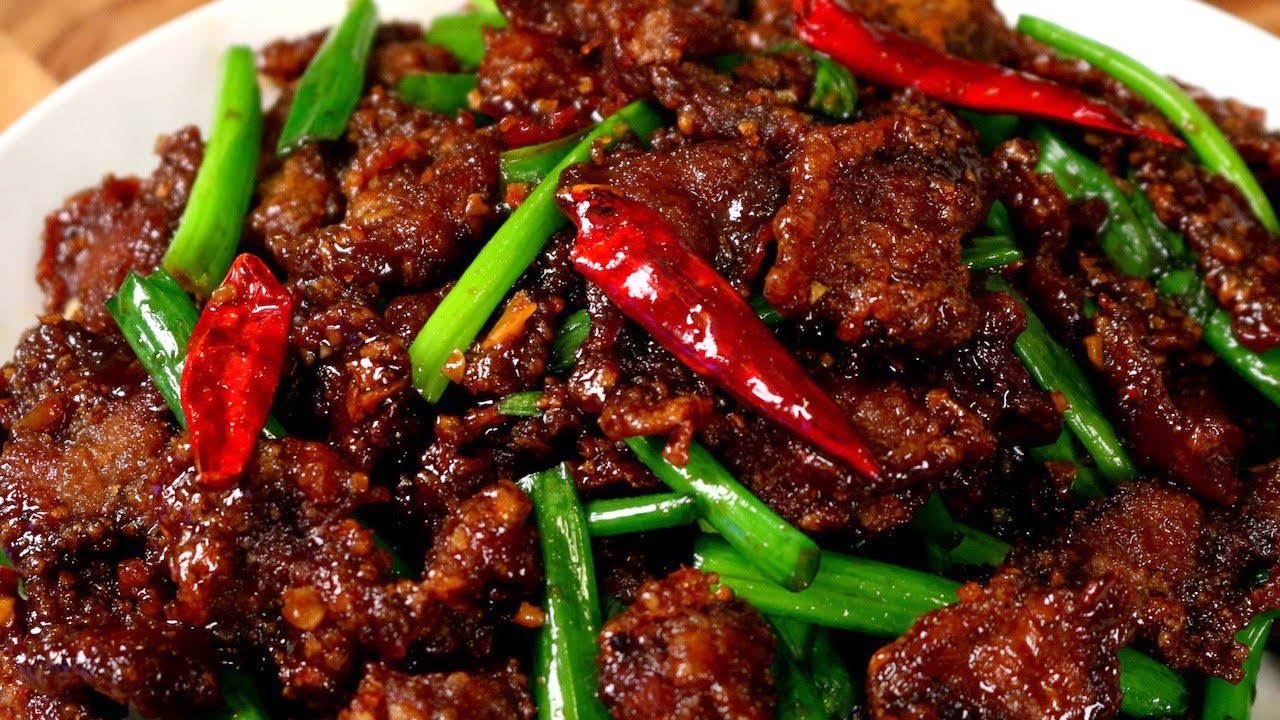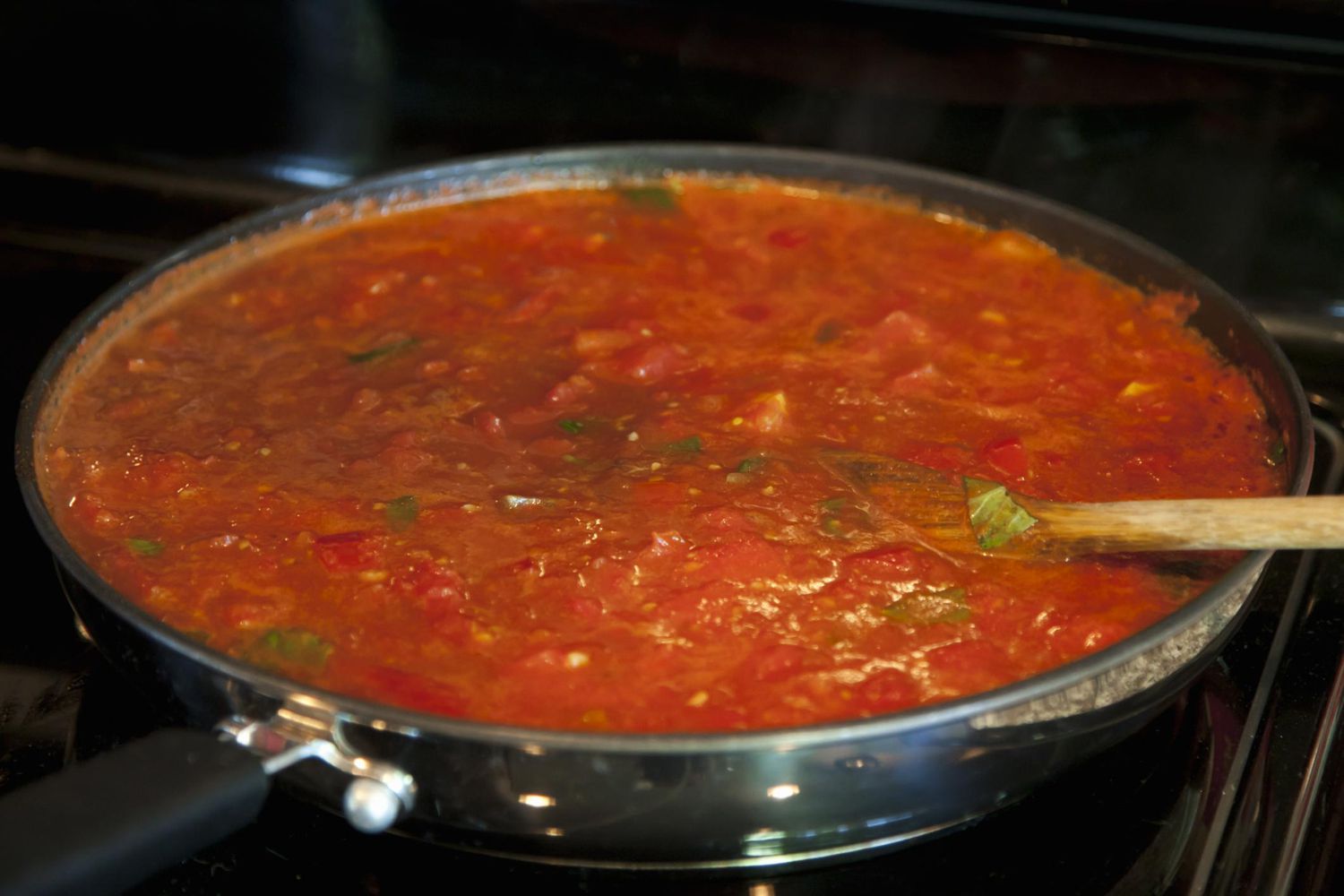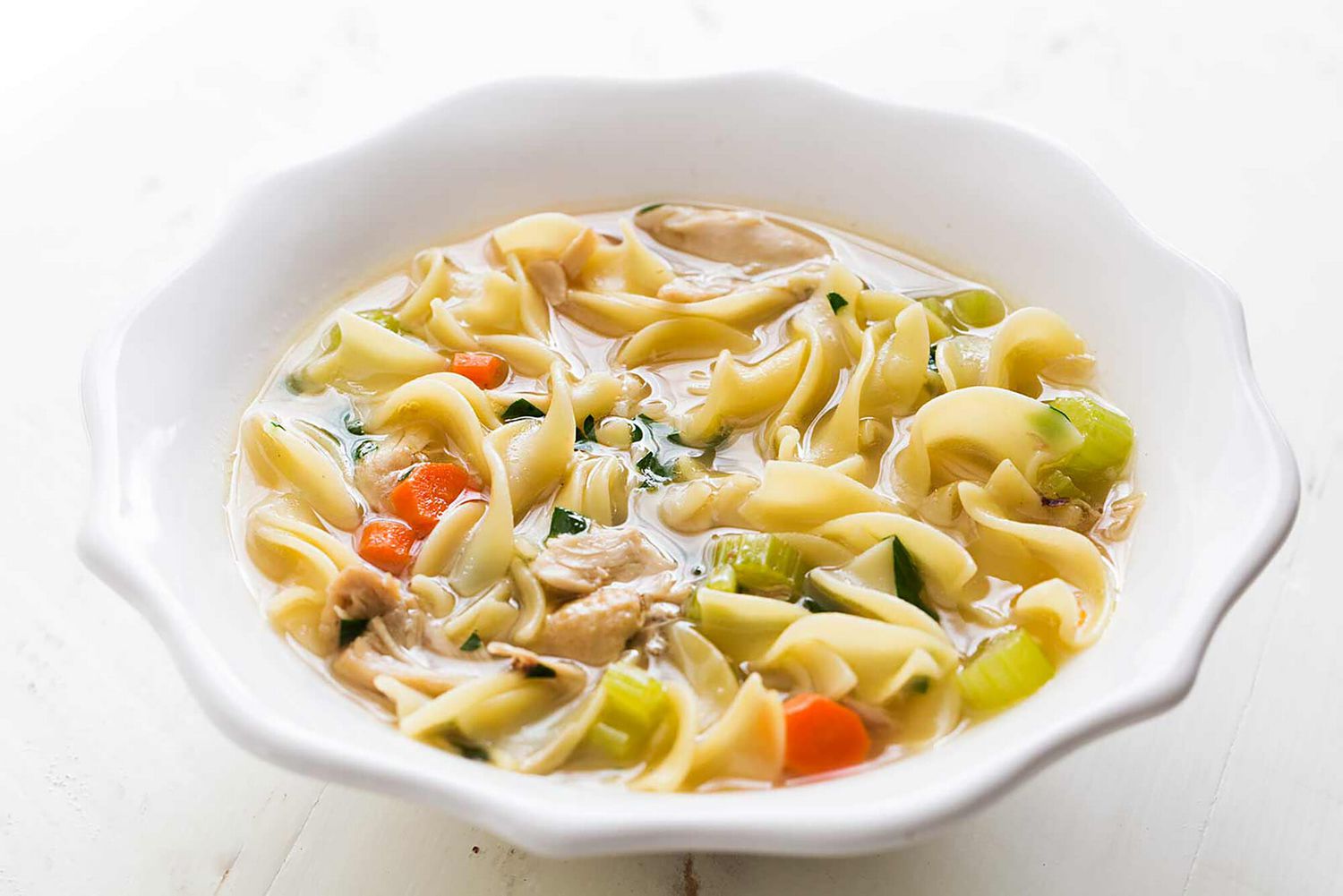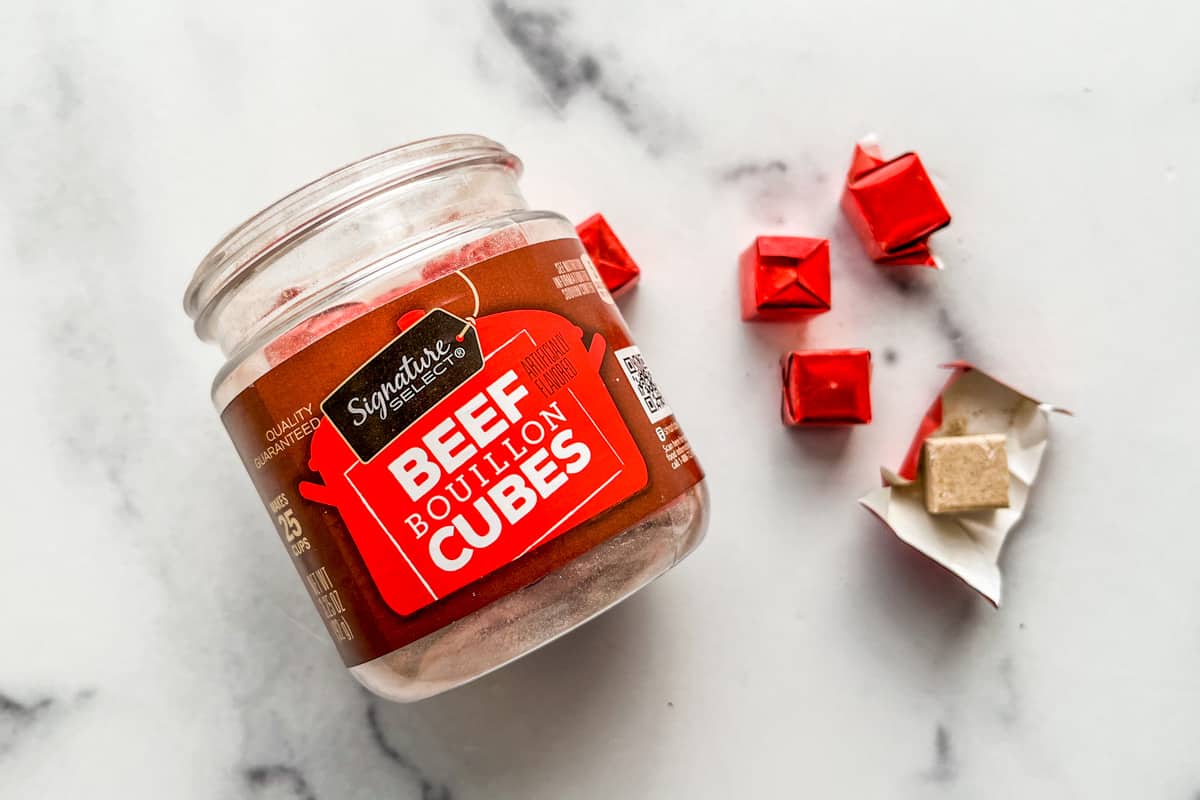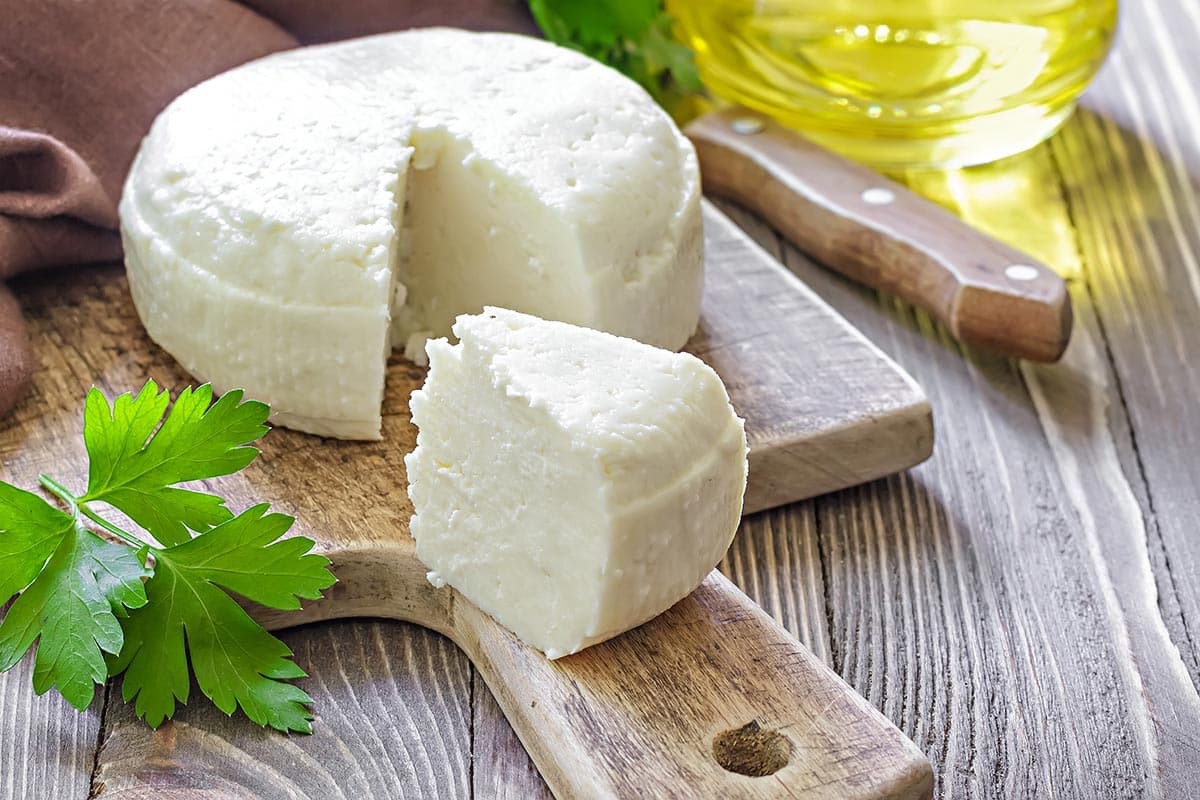Looking for a Substitute for Onion?
Onions are a staple ingredient in many recipes, adding flavor and depth to dishes. However, if you find yourself in a situation where you need a substitute for onions, whether due to allergies, dietary restrictions, or simply because you’re out of onions, there are several alternatives that can help you achieve similar results. Here are some options to consider:
1. Shallots
Shallots are a member of the allium family, just like onions, and they offer a similar flavor profile. They are milder and sweeter than onions, making them a great substitute in recipes where you want a more delicate onion flavor.
2. Leeks
Leeks have a mild, onion-like flavor and can be used as a substitute for onions in many dishes. They work well in soups, stews, and casseroles, and can be sautéed or roasted to bring out their natural sweetness.
3. Scallions
Also known as green onions, scallions can be used as a substitute for onions in recipes where a milder flavor is desired. They can be used raw or cooked and are often used as a garnish in Asian dishes.
4. Garlic
While garlic has a stronger and more pungent flavor than onions, it can still be used as a substitute in many recipes. Keep in mind that you may need to adjust the quantity to avoid overpowering the dish with garlic flavor.
5. Celery
Celery can add a subtle, savory flavor to dishes and can be used as a substitute for onions in soups, stews, and sauces. It also adds a pleasant crunch, making it a versatile ingredient in many recipes.
6. Bell Peppers
Bell peppers can provide a sweet and slightly tangy flavor that can mimic the taste of onions in certain dishes. They work well in stir-fries, fajitas, and other recipes where onions are typically used.
7. Onion Powder
If you’re out of fresh onions, onion powder can be a convenient substitute. It provides a concentrated onion flavor and can be easily added to soups, sauces, and marinades.
While these alternatives can help you achieve a similar flavor profile to onions in your recipes, it’s important to keep in mind that each ingredient has its own unique taste. Experimenting with different substitutes can help you discover new flavor combinations and enhance your culinary skills.
Next time you find yourself in need of a substitute for onions, consider trying one of these options to add depth and complexity to your dishes without compromising on flavor.
Happy cooking!
Was this page helpful?
Read Next: What Is Skimmed Cheese?

